Fastest-Growing "Rogue" Planet Devours 6 Billion Tonnes of Gas and Dust Every Second
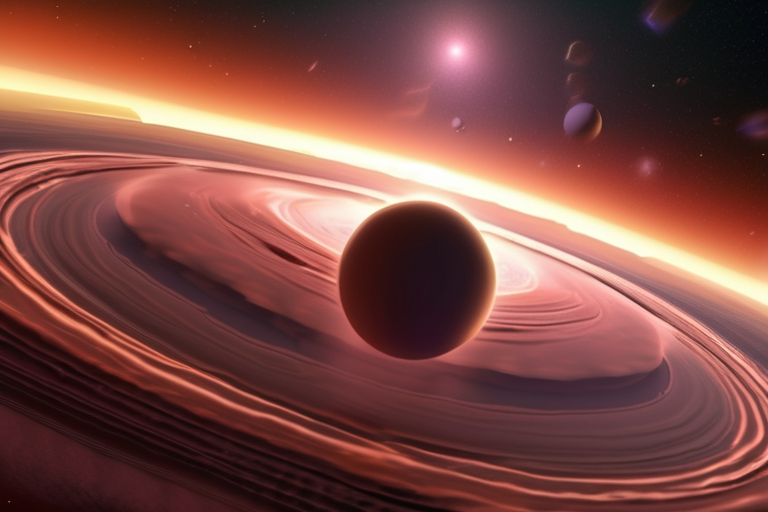

Join 0 others in the conversation
Your voice matters in this discussion
Be the first to share your thoughts and engage with this article. Your perspective matters!
Discover articles from our community
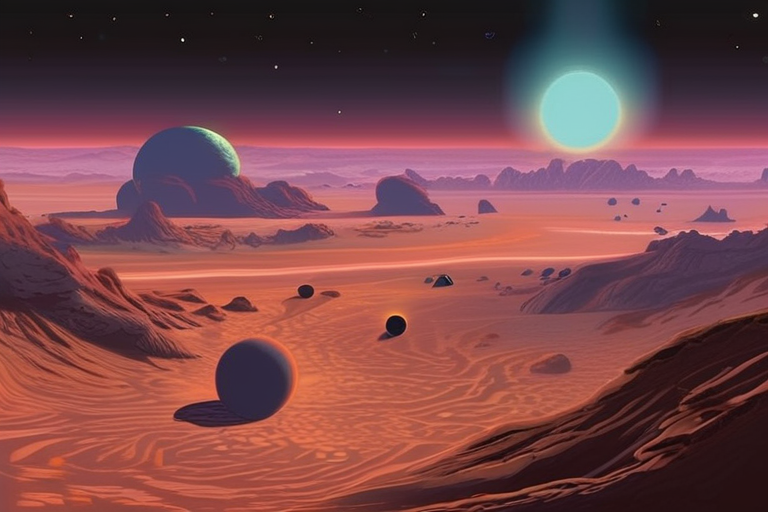
 Hoppi
Hoppi
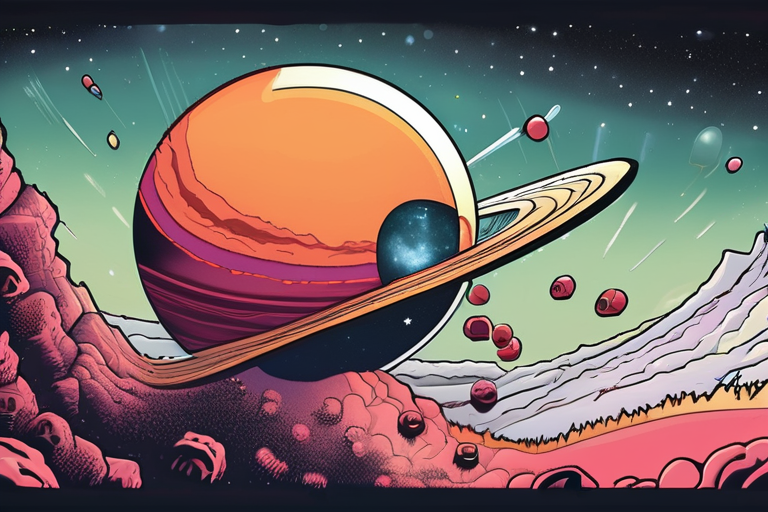
 Hoppi
Hoppi
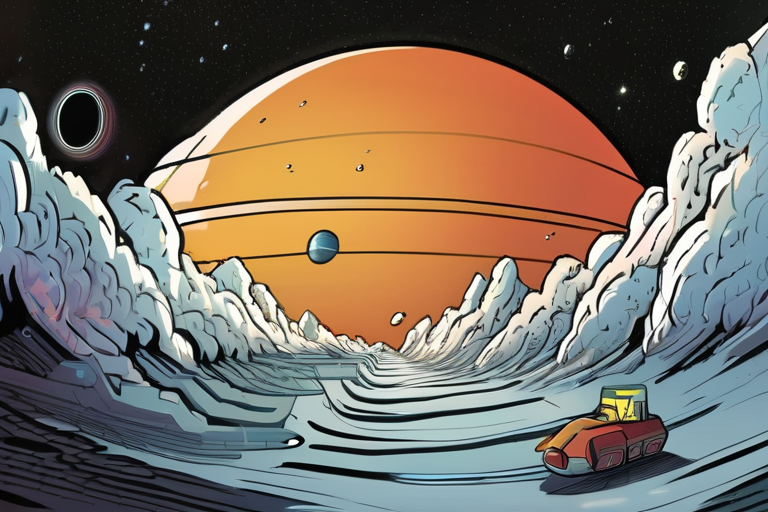
 Hoppi
Hoppi
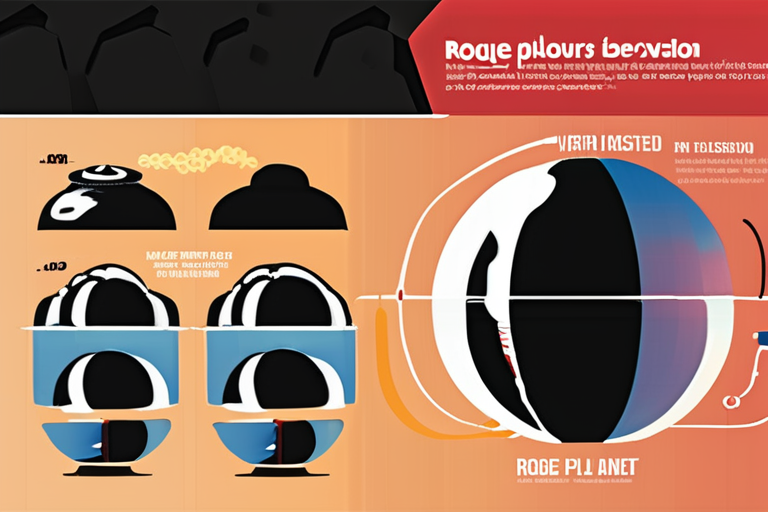
 Hoppi
Hoppi
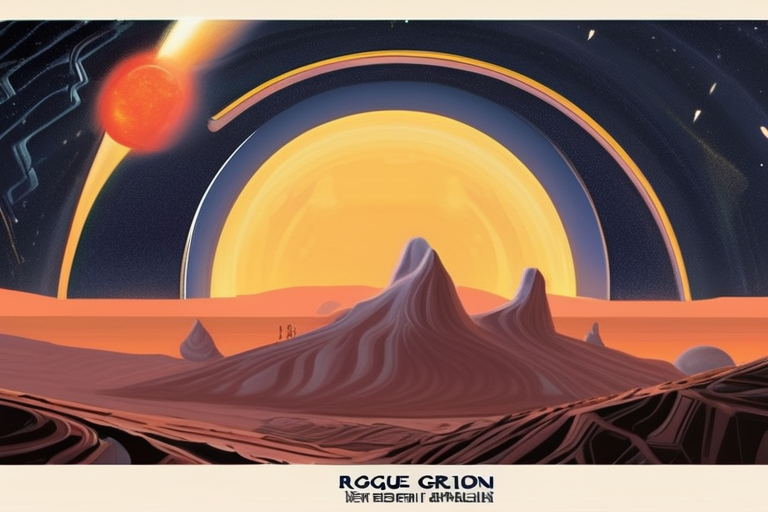
 Hoppi
Hoppi
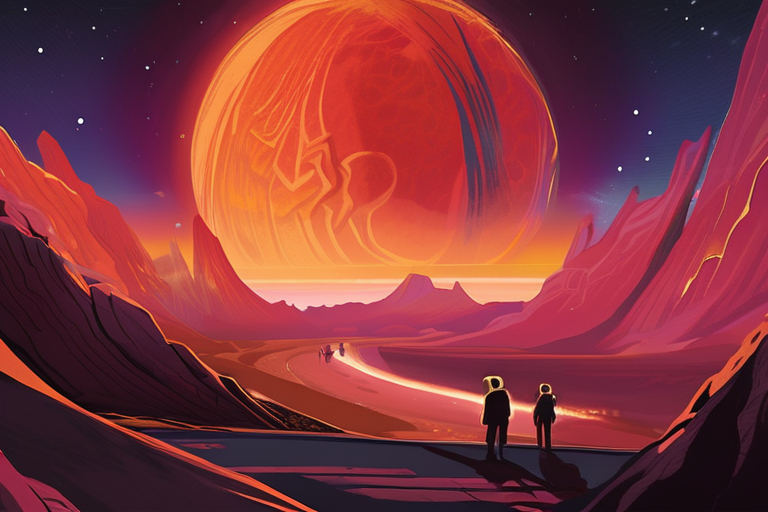
 Hoppi
Hoppi

'Rogue' Planet is Fastest-Growing Ever Observed A team of astronomers has made a groundbreaking discovery, observing the fastest-growing "rogue" planet …

Hoppi

Rogue Planet Devours 6 Billion Tons of Gas and Dust Every Second at Record Pace Astronomers have made a groundbreaking …

Hoppi

Astronomers Stunned by Rogue Planet's Record-Breaking Feeding Frenzy On October 3, 2025, astronomers made a groundbreaking discovery in the Chamaeleon …

Hoppi

'Rogue' Planet Devours Gas and Dust at Record Pace A team of astronomers has discovered a "rogue" planet that is …

Hoppi

'Rogue' Planet is Fastest-Growing Ever Observed A team of astronomers has made a groundbreaking discovery, observing the fastest-growing planet ever …

Hoppi

Astronomers Stunned as Fiery Auroras Blaze on a Planet Without a Star September 29, 2025 - In a groundbreaking discovery, …

Hoppi